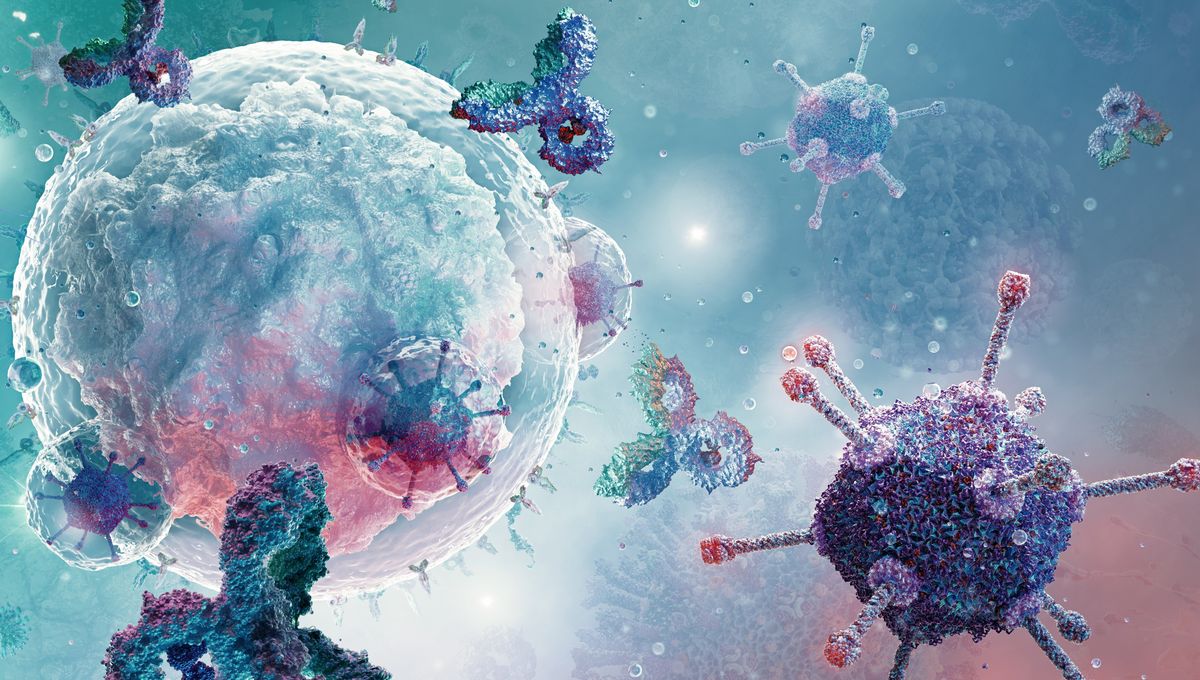
The winners of the 2025 Nobel Prize in Physiology or Medicine are Mary E. Brunkow, Fred Ramsdell, and Shimon Sakaguchi “for their discoveries concerning peripheral immune tolerance”. The prize is worth 11 million Swedish kronor (around $1,170,000 USD at the time of publishing), which will be shared equally between the winners.
The rest of this article is behind a paywall. Please sign in or subscribe to access the full content.
Our body has a system known as central tolerance, which works in sites like the thymus and the bone marrow to eliminate T and B lymphocytes that have become auto- or self-reactive – this means that these immune cells can attack our own body. But central tolerance is not perfect. Some self-reactive cells can escape into the circulation, and there is a danger that they could lead to autoimmune diseases.
The work of these scientists and their team led to the discovery of a second level of protection: peripheral immune tolerance. Peripheral immune tolerance is this specific secondary process that acts to make sure the immune system is kept in check once central tolerance has failed.
Back in 1995, Sakaguchi discovered in mouse experiments that there was an unknown class of immune cells that worked to protect the body from autoimmune diseases. Brunkow and Ramsdell showed that mice with a mutation in the Foxp3 gene were particularly vulnerable to autoimmune diseases.
The equivalent gene in humans is also known to cause a serious autoimmune disease known as IPEX syndrome. Sakaguchi then confirmed the work of Brunkow and Ramsdell by showing that this particular gene, Foxp3, is the one responsible for the production of those specific immune cells that he discovered a few years before.
The work started a new field of immunology, leading to new treatments for autoimmune diseases but also for treatments against cancer. Several more are in clinical trials, with great hope for their success. An intriguing recent breakthrough is the proposed “inverse vaccine,” which can reverse the symptoms of several autoimmune diseases, like multiple sclerosis and type 1 diabetes, without shutting down the entire immune system.
“Their discoveries have been decisive for our understanding of how the immune system functions and why we do not all develop serious autoimmune diseases,” Olle Kämpe, chair of the Nobel Committee, stated during a press announcement.
Source Link: Revolutionary Discovery In Immune System Regulation Leads To Nobel Prize In Medicine Win